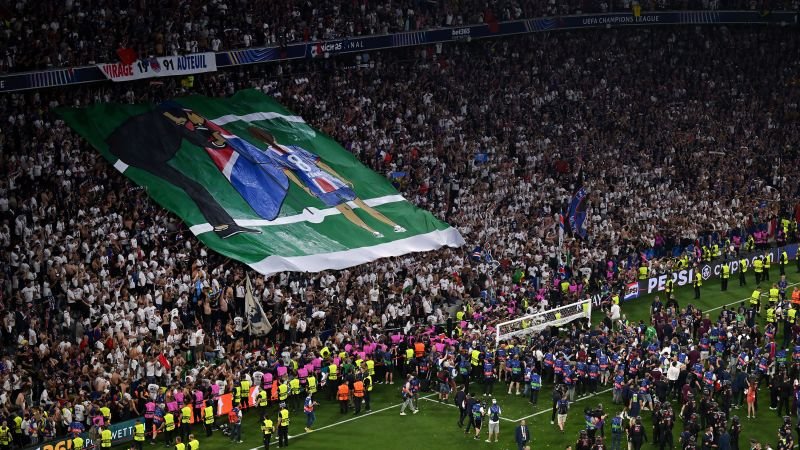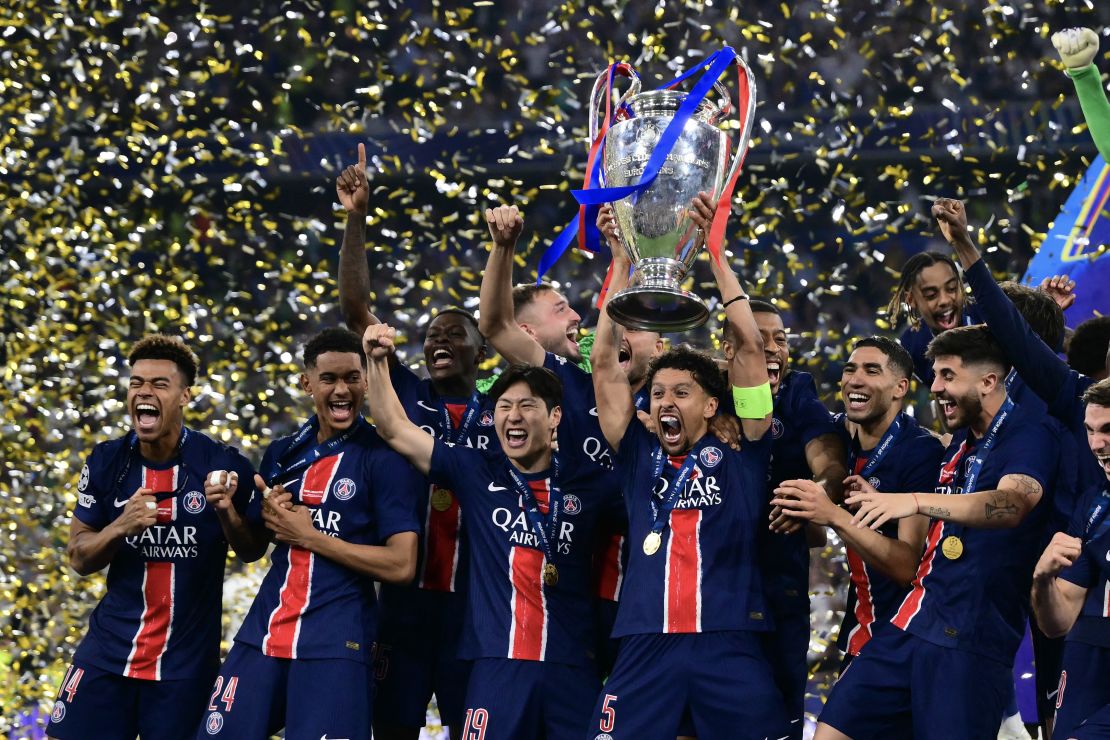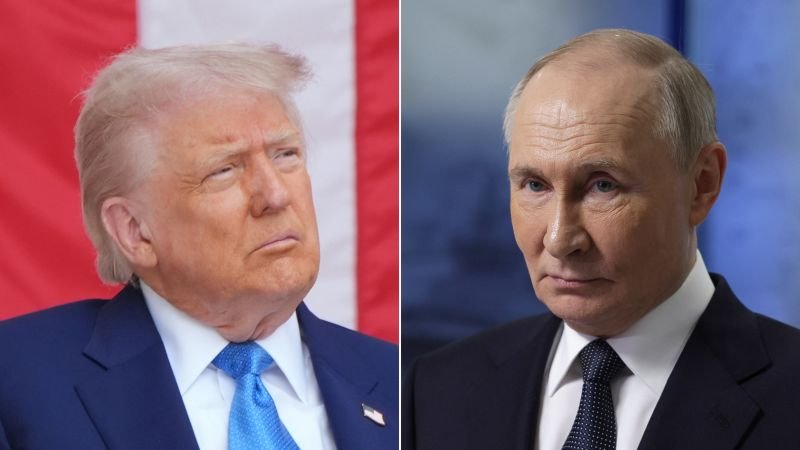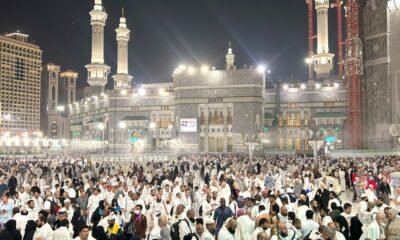CNN
—
US President Donald Trump accused the Ukrainian president of “trying to back out” of the minerals deal expected to be agreed between the two countries as early as this week, adding that Volodymyr Zelensky would face “big problems” if he didn’t sign an agreement. But Ukraine has highlighted that the conditions of the deal changed significantly in recent days.
“I see he’s trying to back out of the rare earth deal. And if he does that, he’s got some problems. Big, big problems,” Trump told reporters aboard Air Force Once on Sunday. “We made a deal on rare earth and now he’s saying, ‘well, you know, I want to renegotiate the deal.’”
“He wants to be a member of NATO. Well, he was never going to be a member of NATO. He understands that. So if he’s looking to renegotiate the deal, he’s got big problems,” Trump said.
Meanwhile, Zelensky said last week that the conditions of the deal being negotiated are “constantly changing,” but overall, Ukraine feels positively toward a future agreement.
The Ukrainian president said last Thursday that the two countries had already agreed to a “framework agreement” and then a full agreement would be hashed out later, involving more research and ratification in the Ukrainian parliament. But then the US-side changed its position to put forward “a full agreement right away,” Zelensky said.
“So it’s too early to talk about the agreement, which has been changed several times. But I would not want the US to have a feeling that Ukraine is against it in general,” Zelensky said. “We have consistently shown our positive signals. We are for cooperation with the United States.”
An initial minerals deal went unsigned following Trump’s contentious Oval Office meeting with Zelensky in February.
But it has been revived in the form of a new proposal for a natural resources agreement, which would give the US more access to Kyiv’s rare earth minerals, according to two people familiar with the discussions and a copy of the draft proposal obtained by CNN on Thursday.
The new proposal, put forward by the US Treasury Department, goes well beyond the initial draft agreement.
It does not, however, include language regarding one of Ukraine’s priorities — concrete security guarantees in the country’s ongoing war with Russia.
The deal would apply to all mineral resources, oil and gas across all of Ukraine, the sources said.
A key part of the proposal requires Ukrainian enterprises to contribute to a joint US-Ukraine investment fund that would be overseen by a five-person board consisting of three members from Washington and two from Kyiv – prompting concerns that Ukraine would be ceding sweeping control of key assets to the United States.
The Trump administration has argued that the potential minerals deal would serve as a leading reason for the US to remain invested in Ukraine as Washington pursues an end to the war.
Trump has also referred to a rare earth minerals agreement as a way for the US to be compensated for the aid and military assistance sent to Ukraine.
“The mineral deal offers Ukraine the opportunity to form an enduring economic relationship with the United States that is the basis for long term security and peace. It will strengthen our two nations’ relationship and benefit both parties,” National Security Council spokesman James Hewitt told CNN. “The deal will help make Ukraine prosperous and reflects America’s past and current commitment to Ukraine.”
Meanwhile, Washington and Moscow have also started talks related to cooperation on rare earth metals and other projects in Russia.
“Rare earth metals are an important area for cooperation, and we have certainly started discussions about various rare earth metals and projects in Russia,” said Kirill Dmitriev, CEO of the Russian Direct Investment Fund. Dmitriev, a close Putin adviser, was part of the Kremlin’s high-level negotiating team that engaged in direct talks with US diplomats in Saudia Arabia.
The Kremlin said Monday that no documents have been signed yet, but there is interest in cooperation.
It comes as Trump continues to push for an end to the war, expressing open frustration with Russian President Vladimir Putin over the weekend.
“I was very angry – pissed off – when Putin started getting into Zelensky’s credibility, because that’s not going in the right location, you understand?” Trump told NBC News in an interview, referring to the Russian leader’s comments suggesting Ukraine be put under a “temporary administration” while the two nations work toward a ceasefire deal.
Trump continued, “But new leadership means you’re not gonna have a deal for a long time, right? … But I was pissed off about it. But if a deal isn’t made, and if I think it was Russia’s fault, I’m going to put secondary sanctions on Russia.”
“If Russia and I are unable to make a deal on stopping the bloodshed in Ukraine, and if I think it was Russia’s fault, which it might not be, but if I think it was Russia’s fault, I am going to put secondary tariffs on oil, on all oil coming out of Russia,” Trump said.
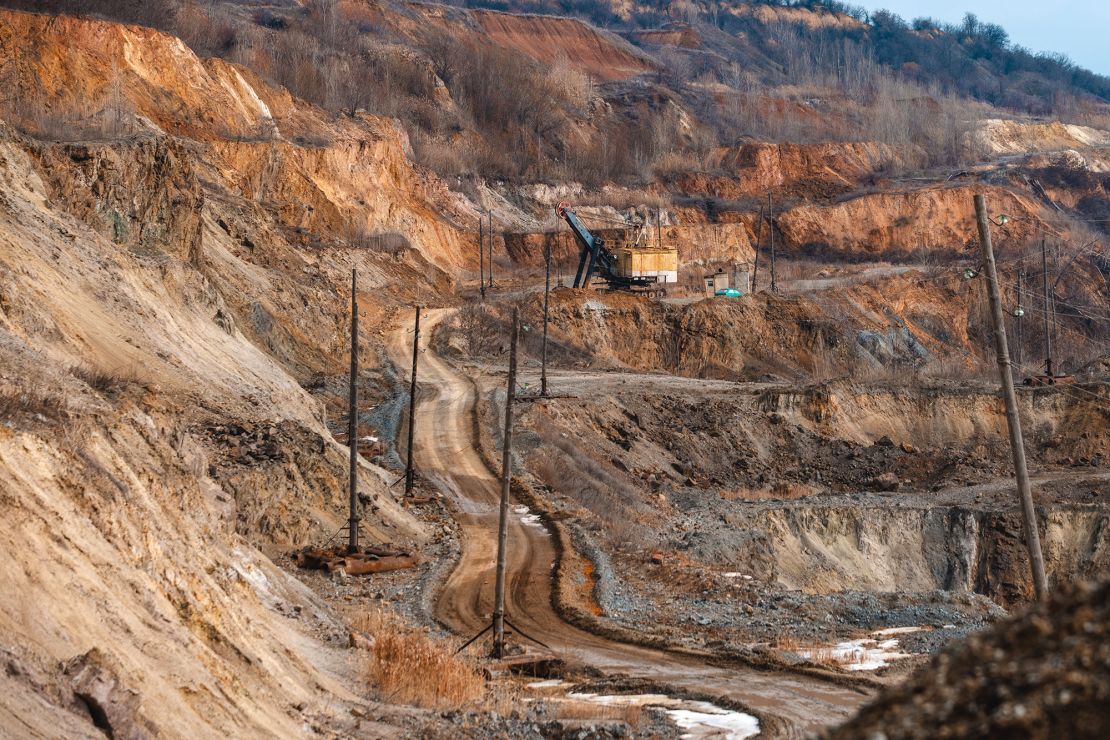
Asked on Sunday aboard Air Force One if there is a deadline for Putin to agree to a deal, Trump said: “It’s a psychological deadline. If I think they’re tapping us along, I will not be happy about it.”
Meanwhile, Finland’s president, who made a surprise visit to Florida over the weekend to meet Trump and play a round of golf, said he told his US counterpart a deadline should be set.
After the two leaders’ meeting in Florida, Finnish President Alexander Stubb told reporters that Trump’s patience with Russia was running out.
“April 20 would be a good time for a full ceasefire without any conditions… Because a deadline is needed, because it is Easter and because President Donald Trump will have been in office for three months,” Stubb said Sunday regarding his suggestion for a deadline.
CNN’s Kosta Gak, Anna Chernova, Victoria Butenko and Betsy Klein contributed to this report.

